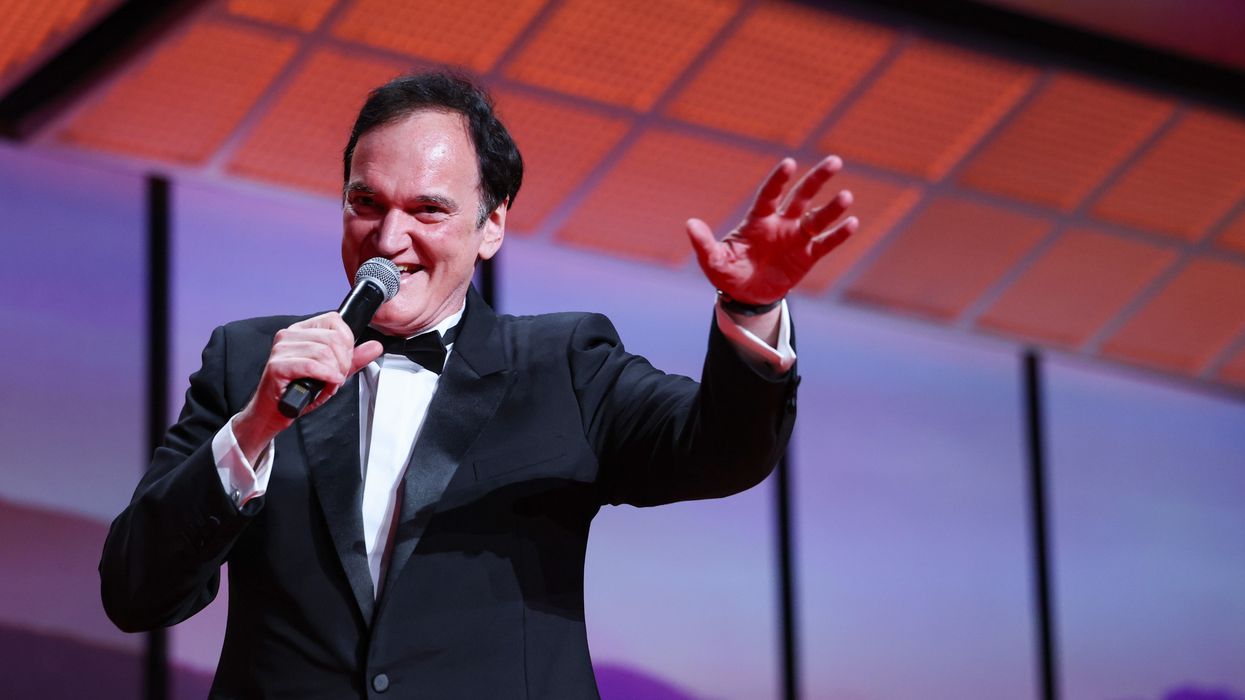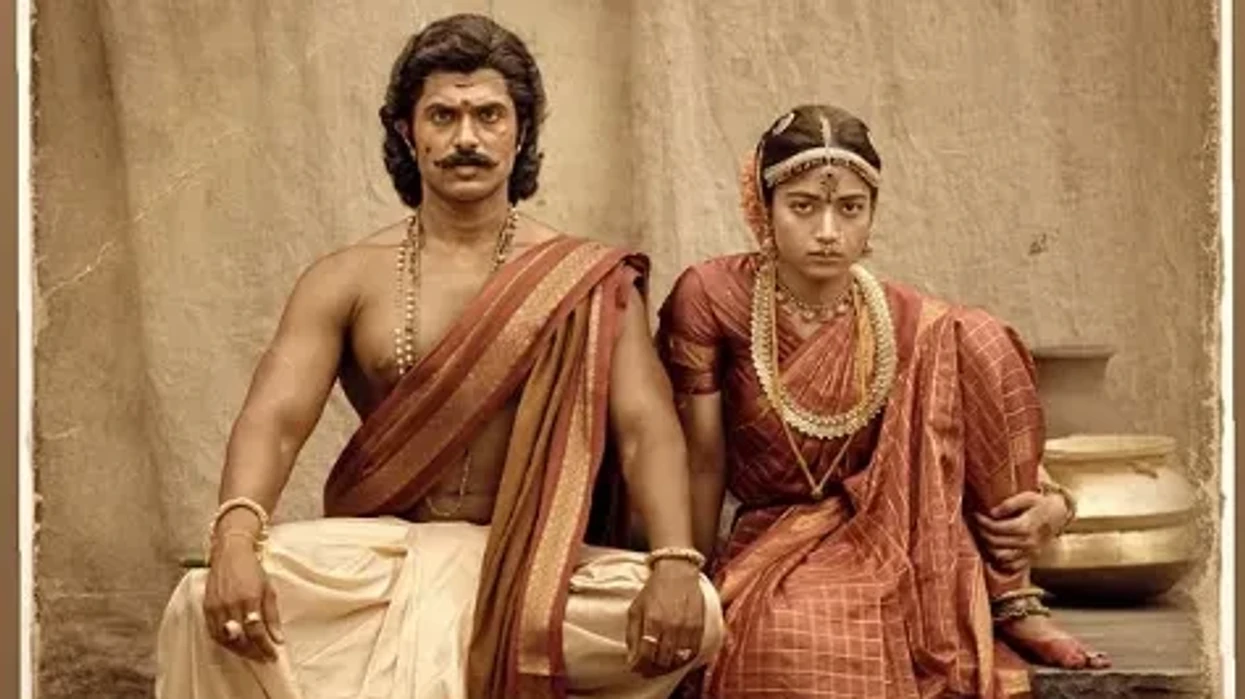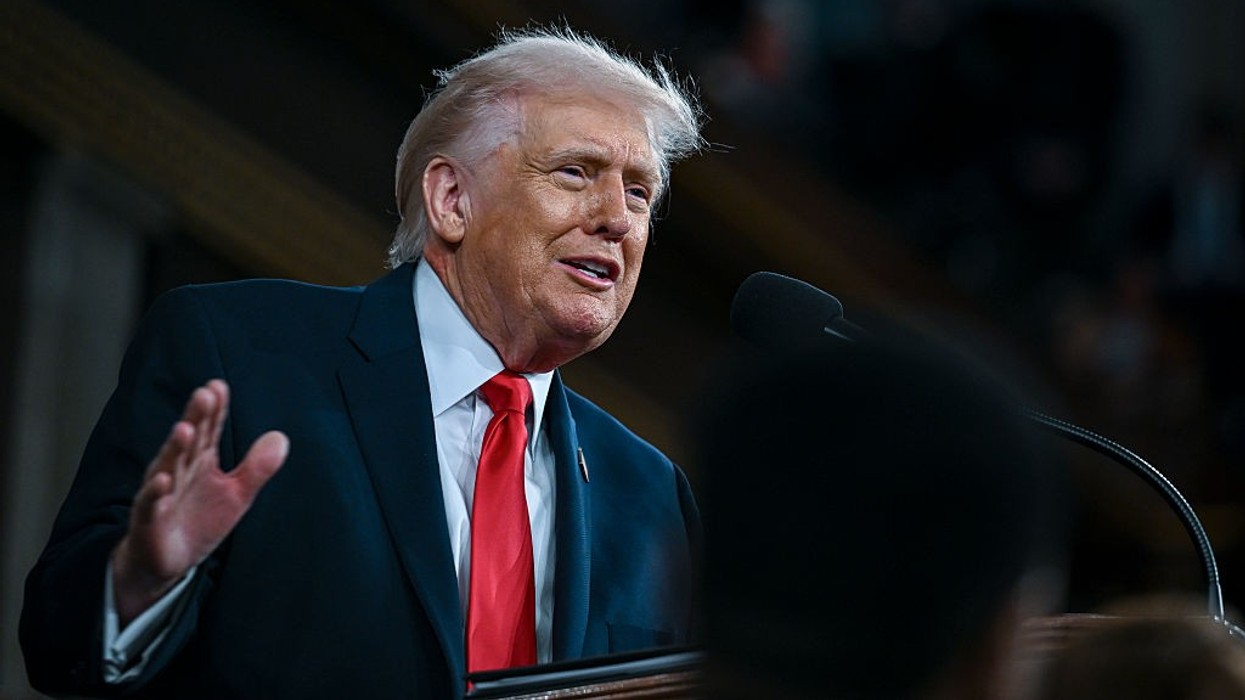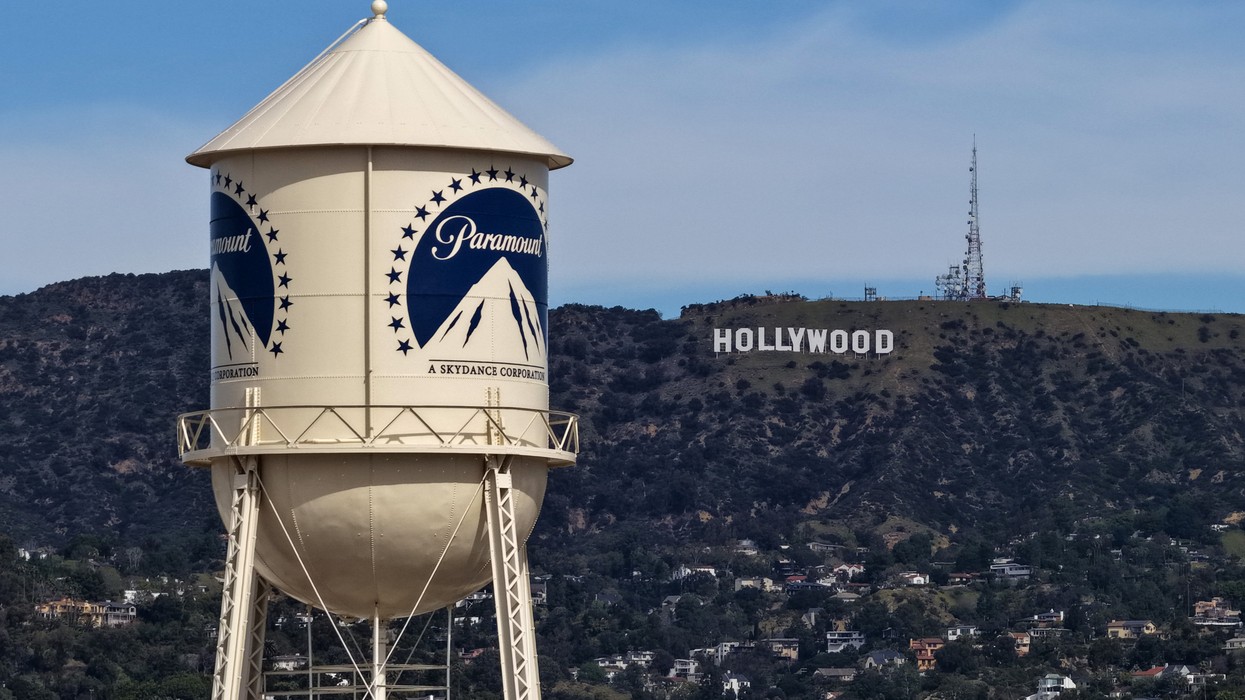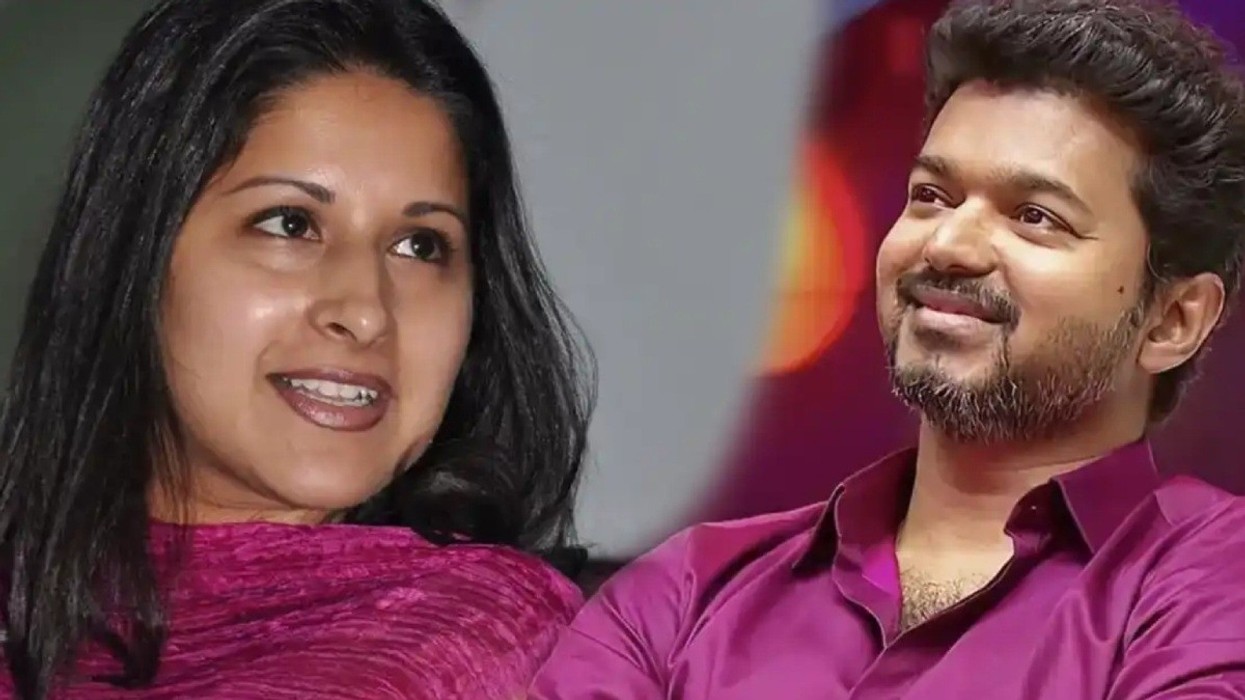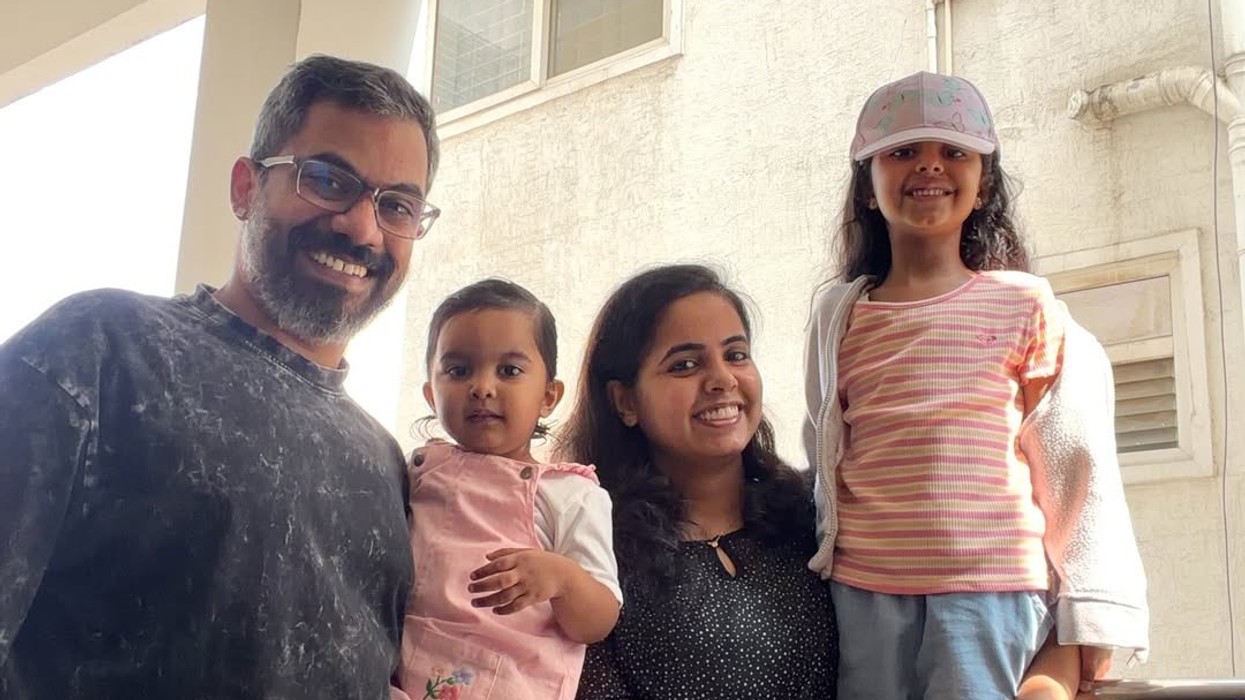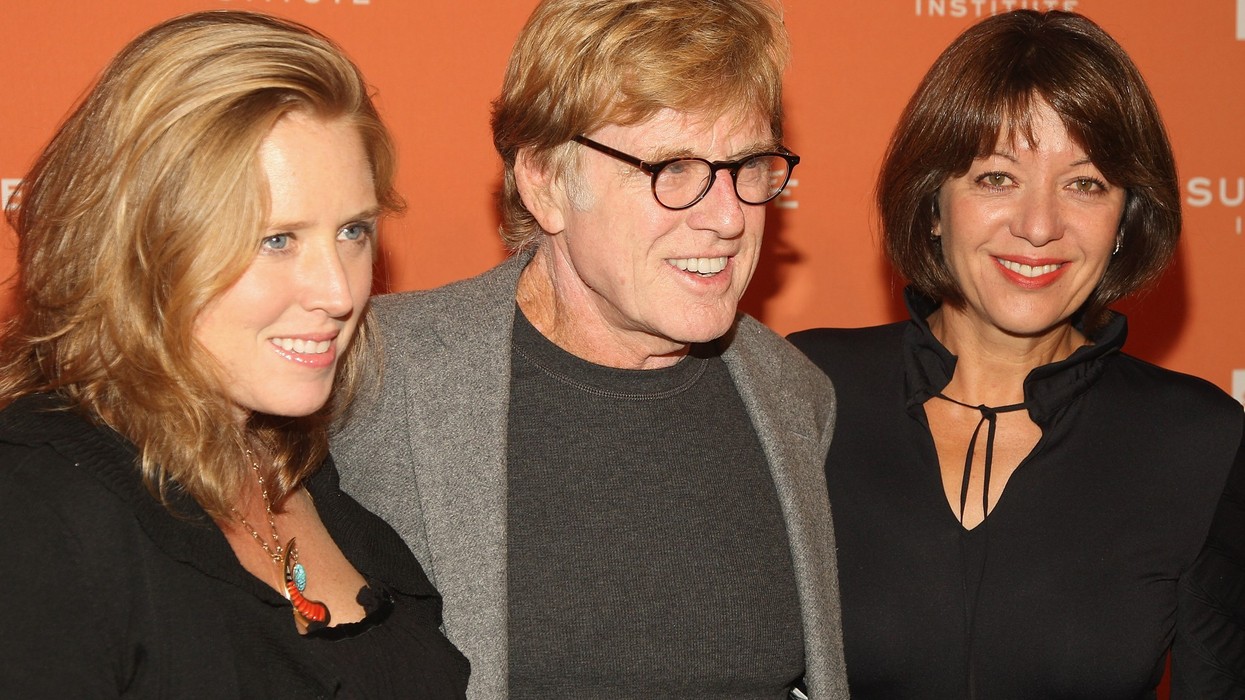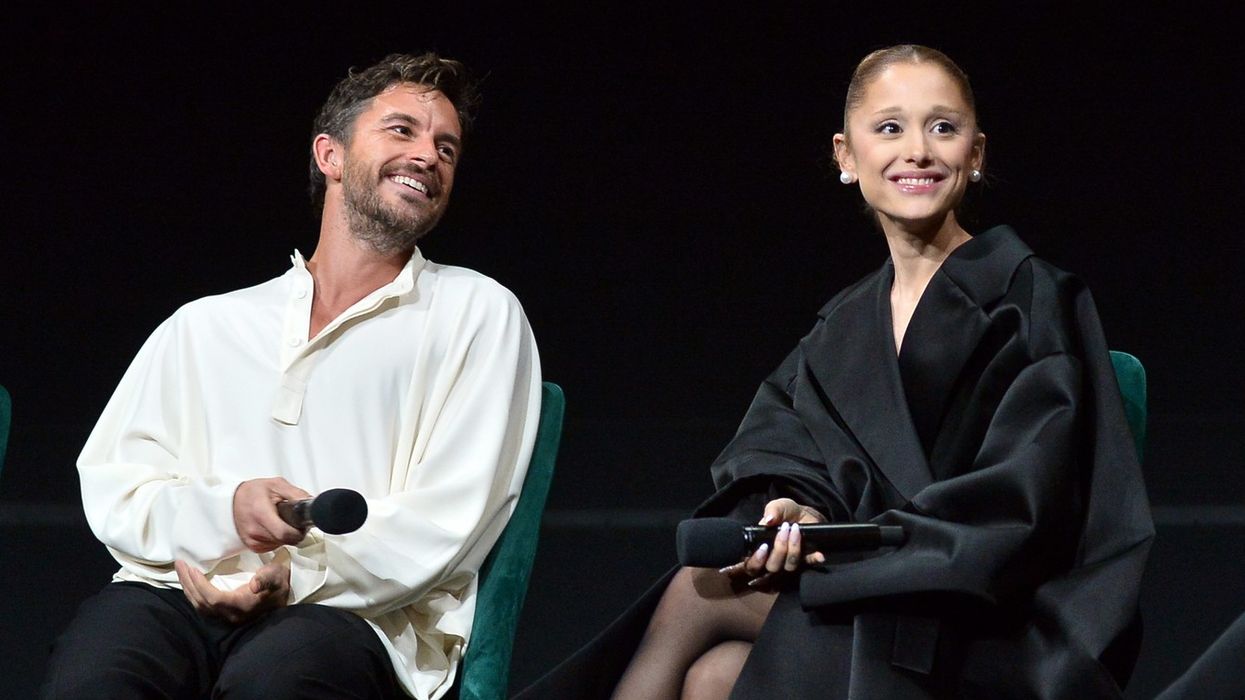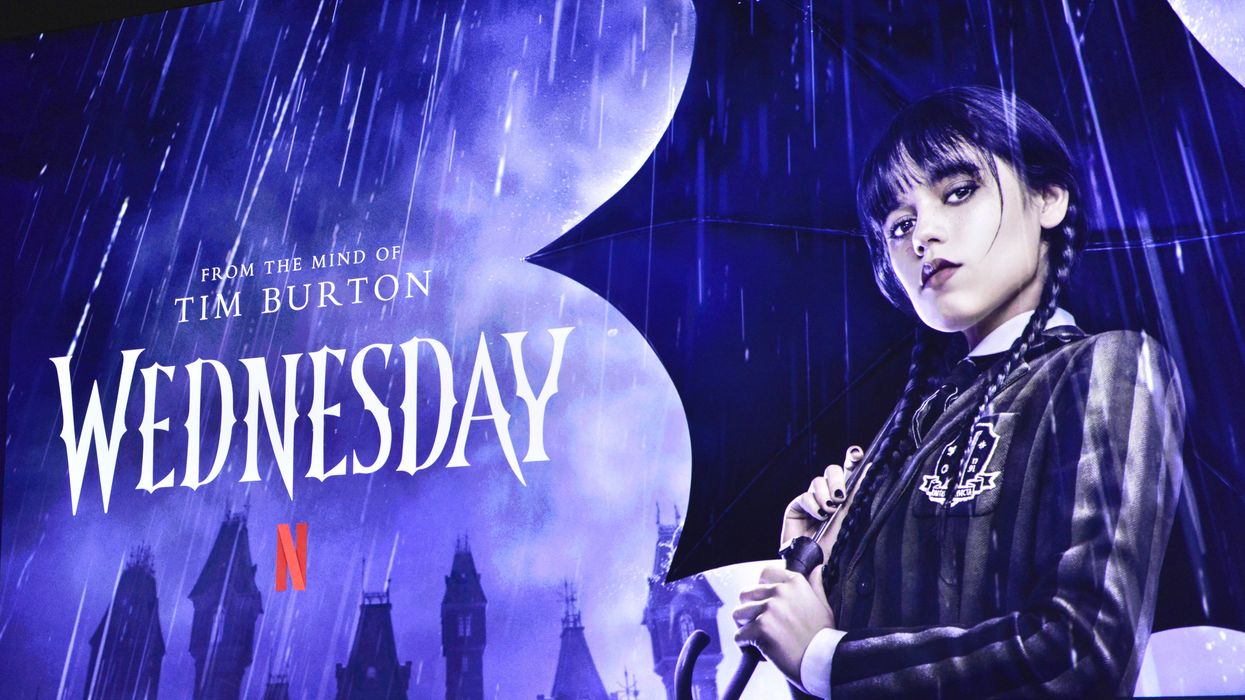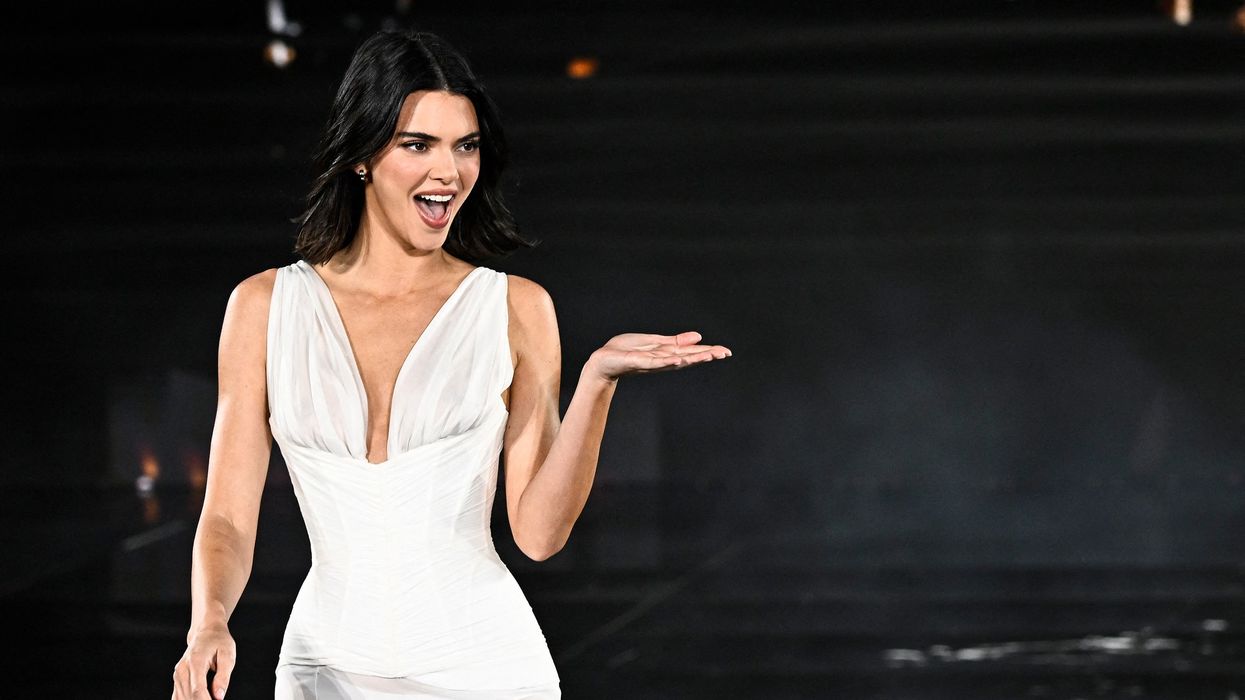Highlights
- Quentin Tarantino says The Hunger Games mirrors the Japanese film Battle Royale
- He makes the remarks on The Bret Easton Ellis Podcast
- Suzanne Collins has previously denied drawing from the 1999 novel or 2000 film
- Comparisons between the two stories have circulated since 2012
Tarantino renews criticism of the franchise
Quentin Tarantino is once again questioning the originality of The Hunger Games series, arguing that it borrows heavily from the 2000 Japanese film Battle Royale. Speaking on The Bret Easton Ellis Podcast, the director says he cannot understand how author Suzanne Collins avoided legal challenges, noting that he has long admired Battle Royale and includes it on his list of favorite films.
He says critics overlooked earlier similarities because many had not seen the Japanese release. According to Tarantino, that allowed early reviews of Collins’ work to describe it as wholly original until film critics later highlighted the parallels.
Longstanding comparisons between the two stories
The debate over whether the dystopian franchise draws influence from Battle Royale has been around since the first Hunger Games film, starring Jennifer Lawrence, arrives in 2012.
Battle Royale follows junior high school students in Japan who are forced into a government-run fight to the death. The Hunger Games presents a similar premise, with two teenagers from each district in Panem chosen at random to compete in a televised battle in which only one can survive.
Collins has repeatedly rejected claims that her books are based on the Japanese story. In a 2011 interview, she says she had not heard of the novel or its author when writing her first book and was advised by her editor not to read it once comparisons surfaced.
Both properties expand into major franchises
Battle Royale sees a sequel in 2003, while The Hunger Games grows into one of Hollywood’s biggest young-adult franchises. Five films have been released since 2012, and a sixth, Sunrise on the Reaping, is scheduled to reach cinemas in 2026.
